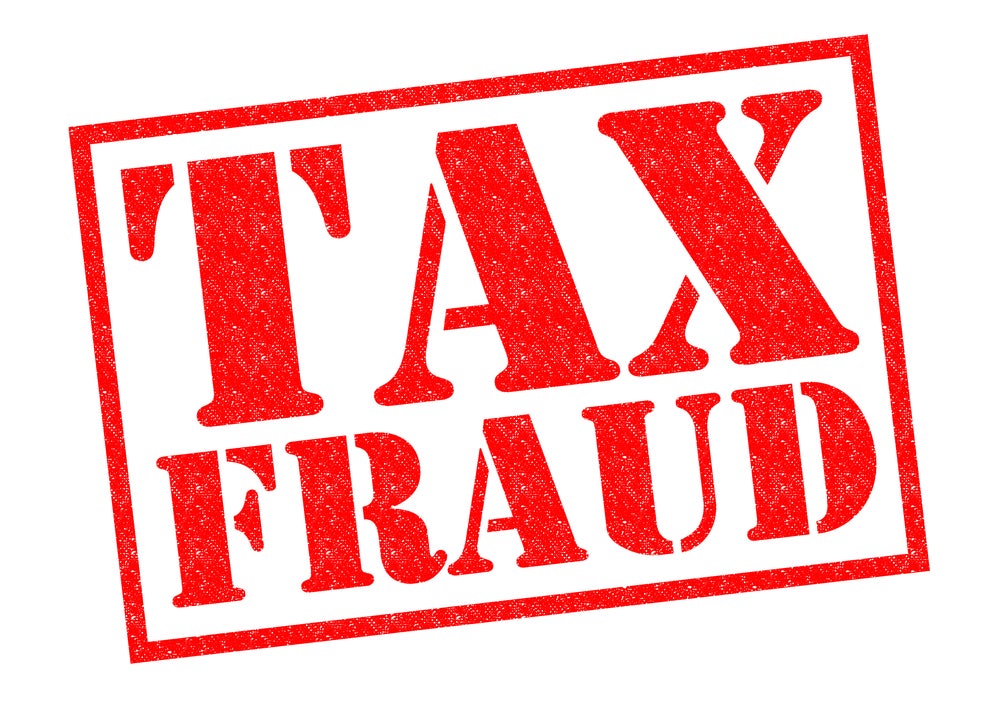
The UK Government’s crackdown on unpaid tax has continued in the UK Spring Budget with the maximum sentence length for tax fraud doubling from seven to 14 years, says multinational law firm Pinsent Masons.
Pinsent Masons partner Steven Porter says that the move forms part of a concerted effort by HMRC to target the most serious forms of tax fraud. Its elite Fraud Investigation Service was set up specifically to bring criminal charges and major civil penalties against those committing tax fraud.
Porter said: “Targeting the most serious criminal tax fraud is a key part of HMRC’s approach to investigations. The biggest tax fraudsters now have to worry about even longer prison sentences for their crimes.”
“Doubling the maximum sentence lengths is going to send a clear message to tax evaders. Lengthy prison sentences are designed to be a powerful deterrent.”
The average sentence length for ‘acting with intent to defraud the public revenue’ last year was five years and three months.
Pinsent Masons explains that the Government is also moving forward with legislation to make it a criminal offence for promoters of tax avoidance schemes to ignore an order from HMRC to stop promoting a tax avoidance scheme.
The Government will also consult on measures to combat evasion and avoidance of Business Rates, following concerns raised in the Business Rates Review.
More commentary on the UK Spring Budget can be found here






